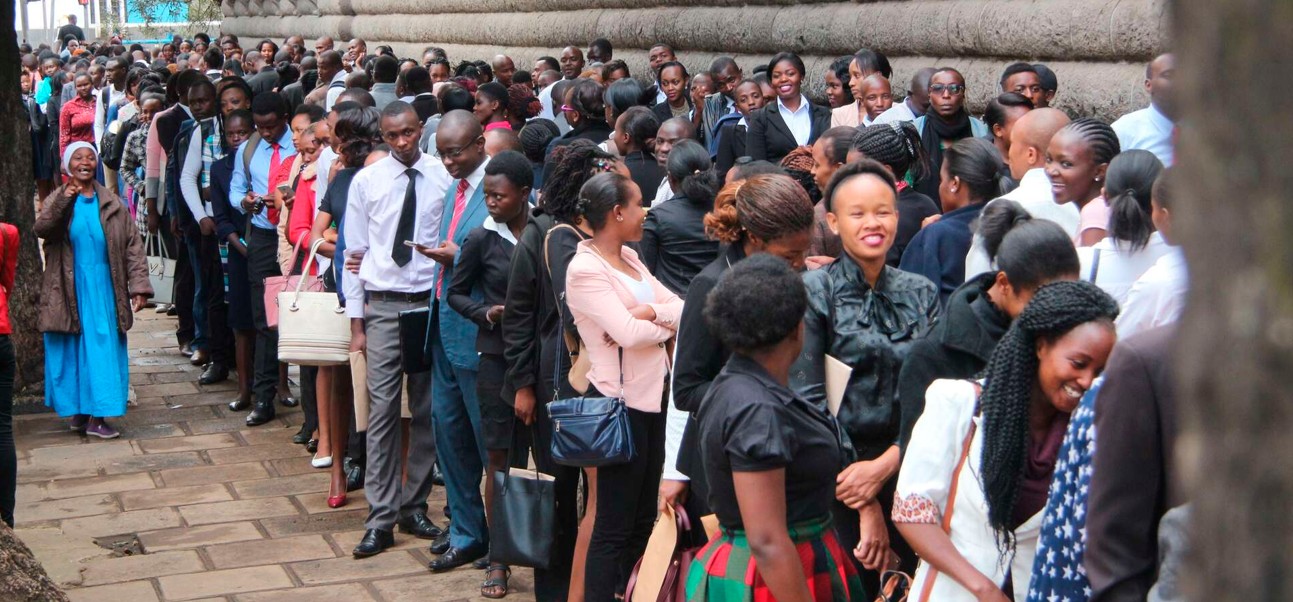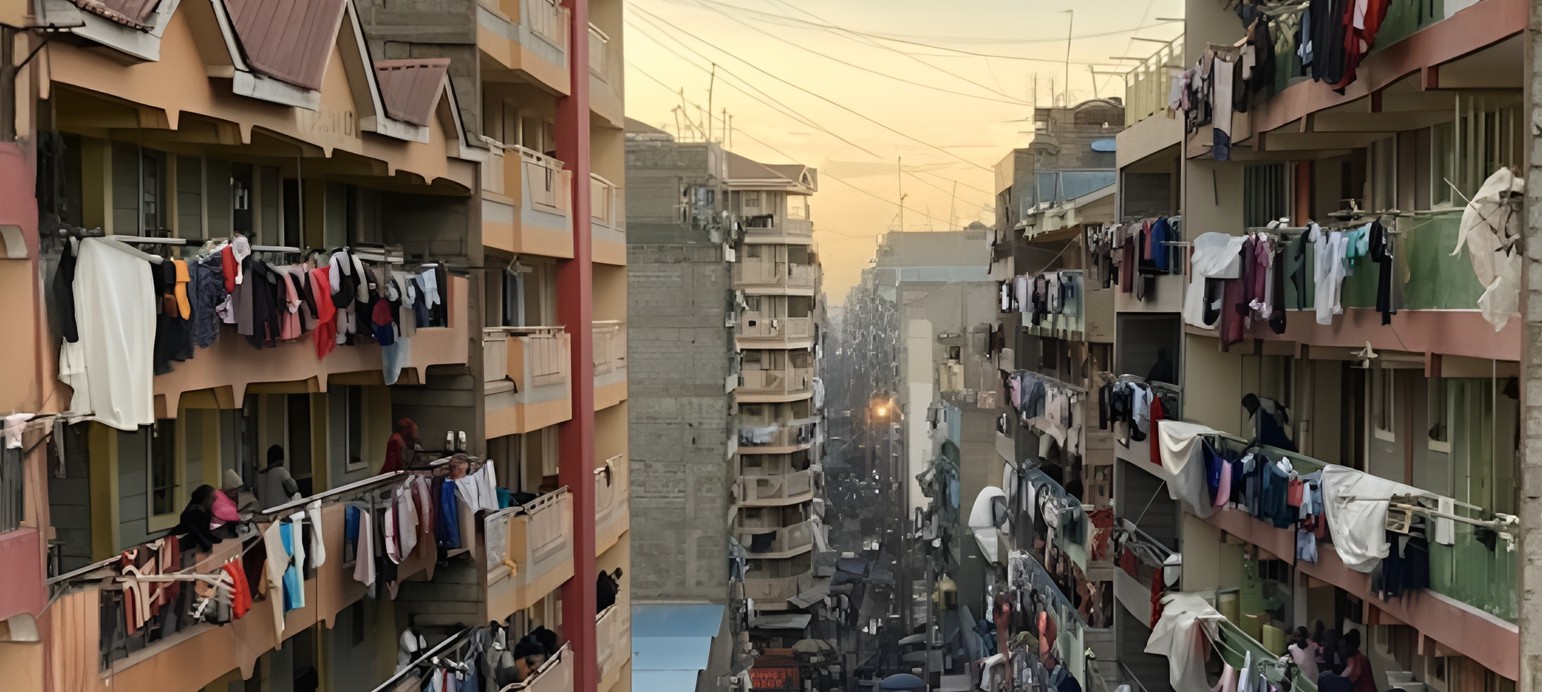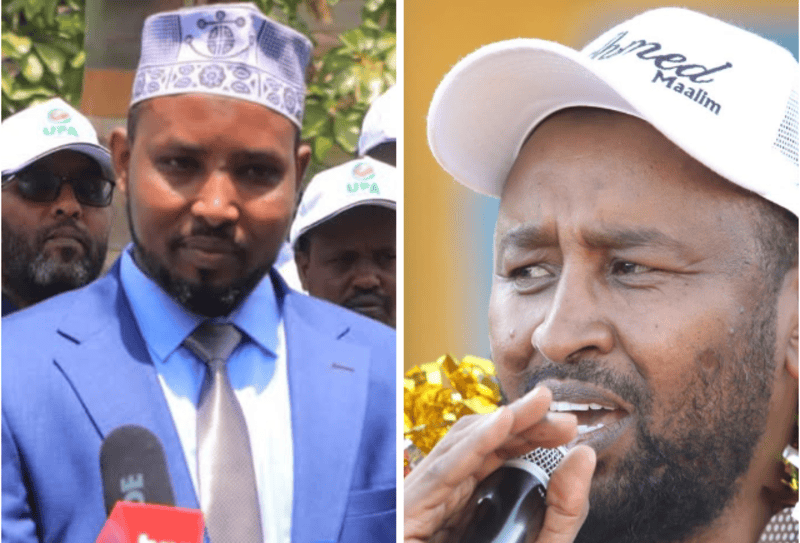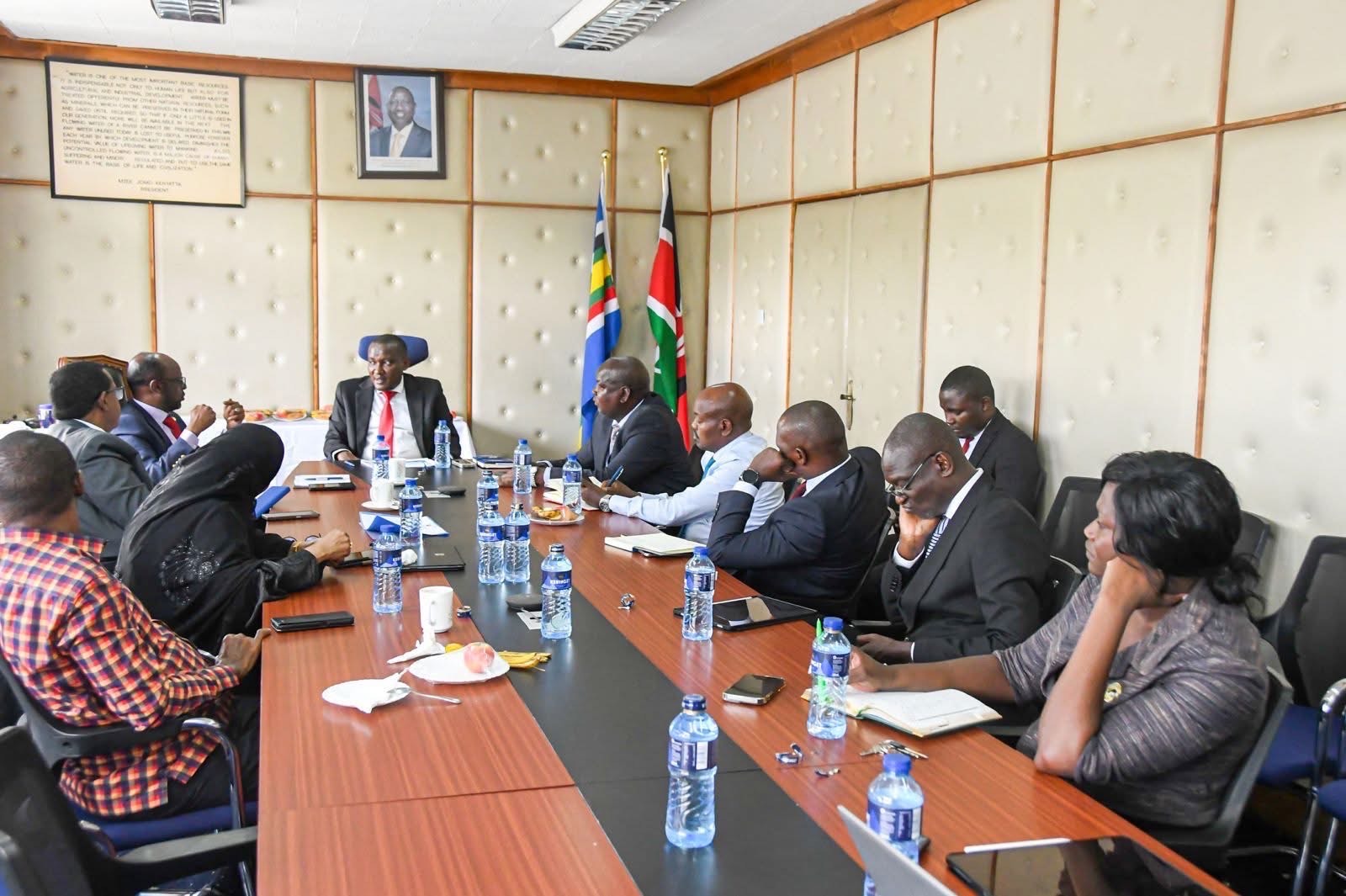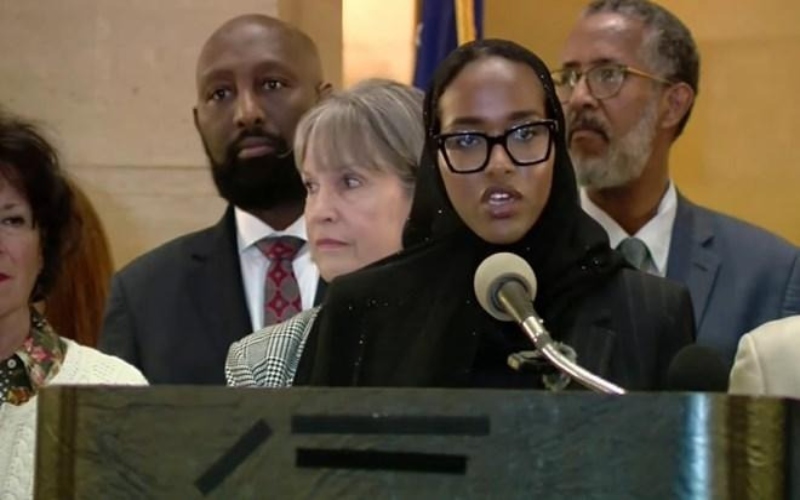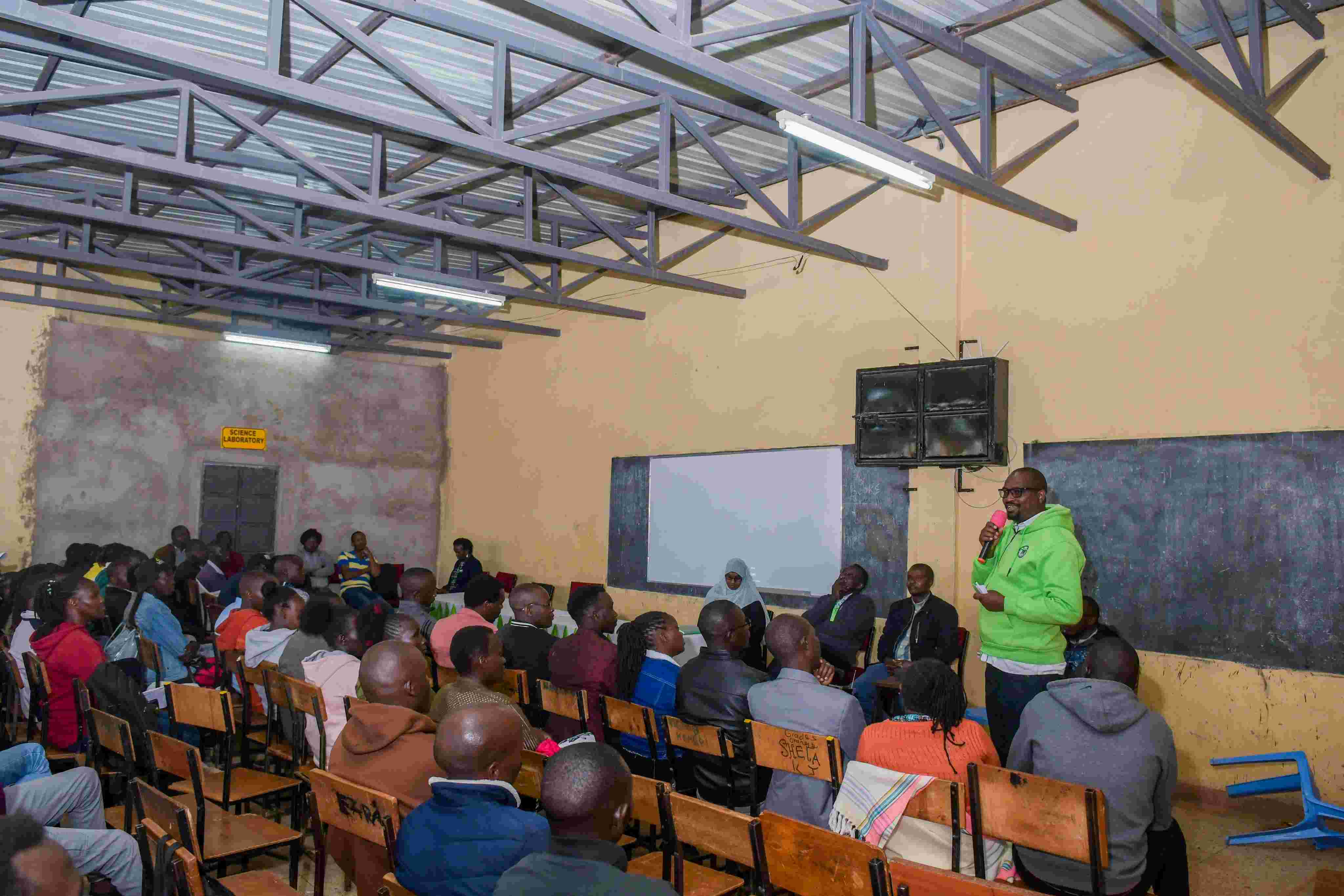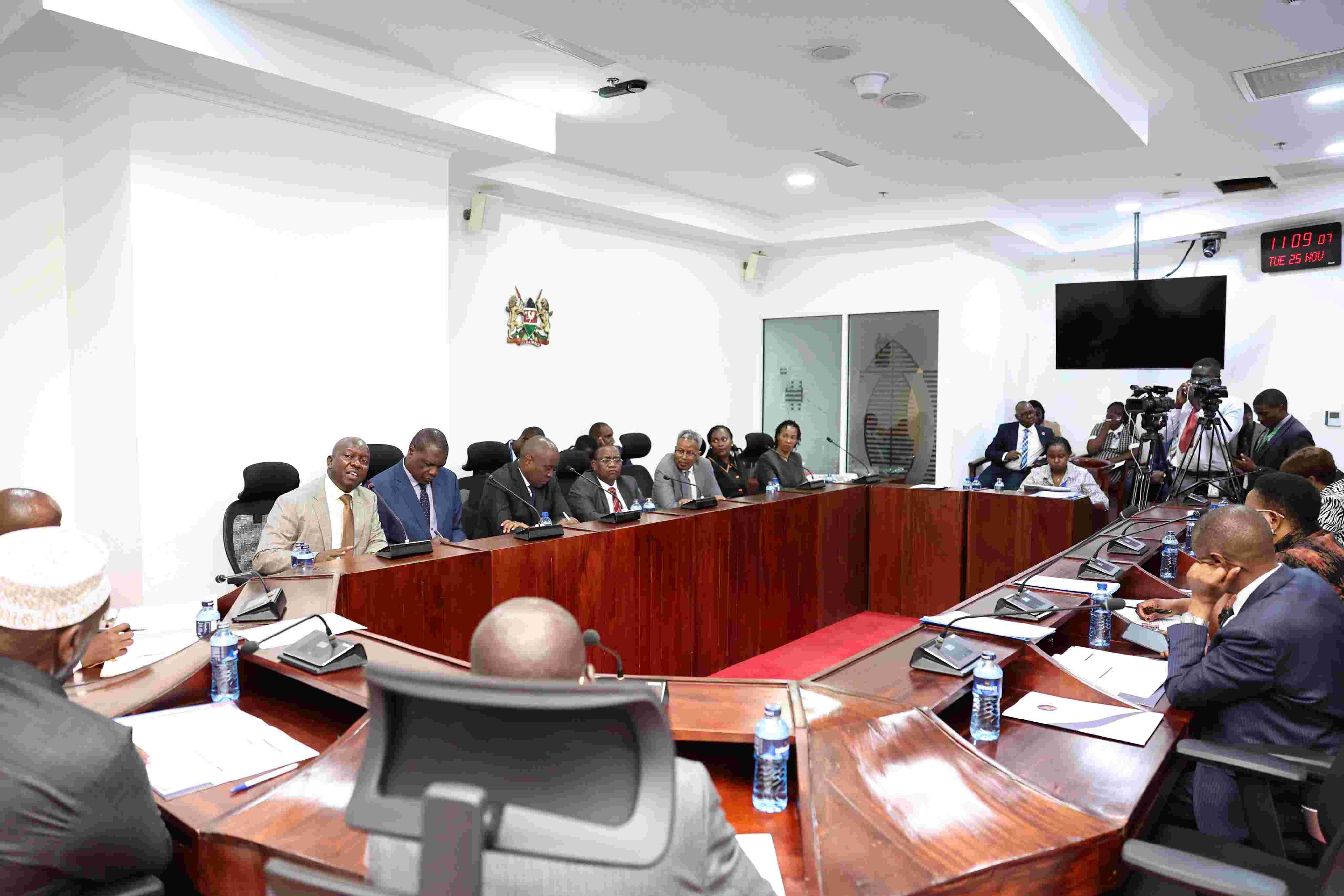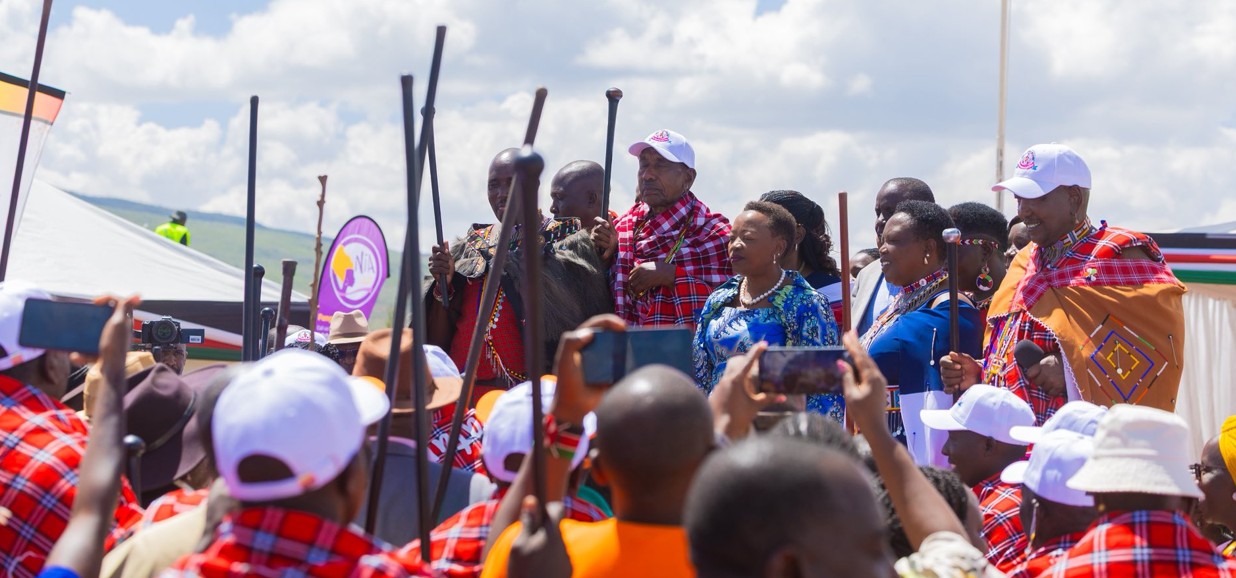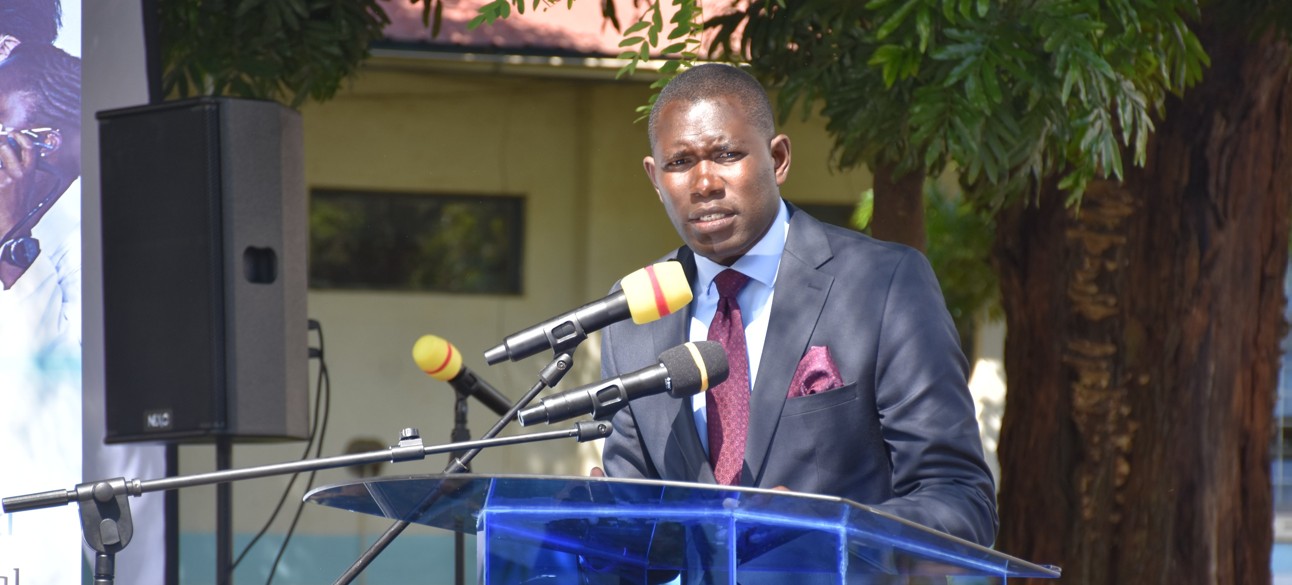Shakahola massacre survivors struggle with trauma and anxiety, court told

The assessors recommended spiritual counselling, noting that some survivors were distressed after being forced to eat despite preferring to fast.
Most of the survivors examined in the Shakahola massacre case were found to be grappling with anxiety, stress and deep trauma, a mental health expert told a Mombasa court.
Elias Fondo, a psychiatric clinical officer, who tabled a report dubbed the Psychological and Mental Health Analysis, Sajahanadi Rescue Centre Victims Report, revealed that while one survivor could not stand trial, the majority were traumatised by the loss of property, the hunger strike and being held at the rescue centre against their will.
More To Read
- Families recount tragic loss of children in Shakahola starvation case
- Court told Mackenzie secretly ate in custody as followers starved for eight days
- Paul Mackenzie twisted Bible teachings to mislead followers, court told
- Shakahola cult: How Mackenzie forged documents to register Good News Church
- Kilifi closes 11 churches over radicalisation, lack of registration
- Chakama residents demand subdivision of 50,000-acre ranch linked to cult activities
He told Chief Magistrate Alex Ithuku that his team had examined 65 survivors of the tragedy, most of whom were directly affected by the crimes linked to the Shakahola massacre.
Fondo, part of a 25-member team from the Kenya Psychiatrists Association, said the group used established psychometric tools such as PHQ-2 to screen for depressive symptoms, GAD-2 for anxiety, as well as checks for suicidal thoughts, auditory hallucinations and other mental health indicators.
“One survivor, Feminise Mwoma, presented symptoms of bipolar disorder and was found unfit to stand trial,” he said.
He added that the rest of the survivors were of normal mental health, though many were anxious, stressed and traumatised, largely due to the loss of property and uncertainty over their children’s whereabouts. Several told the team they had been taken to the rescue centre against their wishes.
The assessors recommended spiritual counselling, noting that some survivors were distressed after being forced to eat despite preferring to fast.
Fondo further revealed that a number of survivors, particularly those in lower primary school, had dropped out of education. Many were severely malnourished, with body mass measurements as low as 13 and most at 18, levels classified as severe malnutrition.
The survivors, mainly women in their 20s and 30s, told the team that they had bought land in Shakahola for farming.
“Conflict later broke out, prompting them to flee into the forest, where they were arrested and taken to the rescue centre,” Fondo said.
“They denied knowing their religious leader, Paul Mackenzie, or being members of his church and dismissed claims of hostility. Several said they wanted to return to their villages and continue with their lives.”
He added that survivors admitted participating in the hunger strike and described life at the rescue centre as dull due to the lack of television, radio and newspapers. Some initially distrusted government interventions, including medical tests, though counsellors later persuaded them to cooperate after explaining their purpose.
Other witnesses included a teacher, the 56th prosecution witness, who recounted how her husband sold most of his belongings and travelled to Shakahola.
Christine Omucheni Okanga told the court that when her husband started following Mackenzie’s teachings on Times TV, he withdrew their firstborn from school, barred her from attending prenatal clinics and prevented taking their young child to the hospital.
Rodgers Mwibo Shibutise from Bungoma County testified that his mother burnt identity cards, mosquito nets and her mobile SIM card after being told it was against God’s will. He and his sister provided DNA samples, with her DNA showing a 99 per cent match with one of the female adult bodies believed to be their mother.
Prosecution witness 59, Daniel Ingati, described how his father left home without explanation, later discovered to have gone to Shakahola “kwa Mackenzie.”
He said he travelled to Shakahola in search of his father but could not locate him. Before leaving home, his father had stopped taking the children to school, discouraged mask-wearing, and closed his shop, considering business an earthly matter.
The mental health assessments and survivor testimonies are expected to play a key role as the court continues to hear the case against Mackenzie and the other 92 suspects who are facing 283 counts of manslaughter.
Top Stories Today




